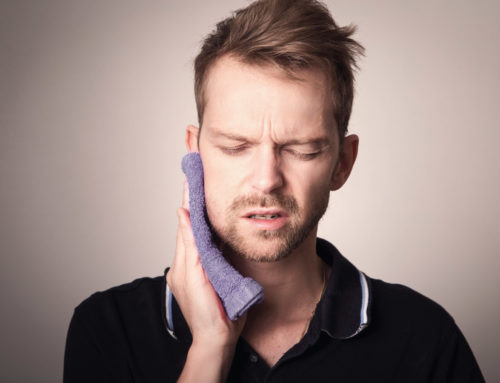Mouth breathing, which is the habit of breathing through the mouth instead of the nose, can have a number of negative effects on the mouth and teeth. Here are some ways mouth breathing can affect the oral health:
Dry mouth: Mouth breathing can cause dry mouth because the flow of saliva is reduced, which can increase the risk of tooth decay and make it more difficult to swallow.
- Tooth decay: Mouth breathing can cause tooth decay because the dry mouth can make it easier for bacteria to cause decay.
- Gum disease: Mouth breathing can cause inflammation of the gums, known as gingivitis, which can lead to gum disease if left untreated.
- Orthodontic problems: Mouth breathing can cause malocclusion, which is the misalignment of the jaws and teeth, and can lead to difficulty in closing the lips and swallowing, which can cause problems with speech and eating.
- Bad breath: Mouth breathing can cause bad breath because bacteria can thrive in the dry mouth.
- Sleep disorders: Mouth breathing can cause sleep disorders such as sleep apnea, which can lead to fatigue, headaches, and other health problems.
- Changes in the facial structure: Mouth breathing can cause changes in the facial structure, such as a long face, a recessed chin, and a narrow palate.
It’s important to address the underlying causes of mouth breathing, such as nasal obstruction or allergies, to improve overall oral health. Mouth breathing should be treated by a healthcare professional. Dentist can help to develop an oral care routine that addresses the specific oral health problems caused by mouth breathing.



